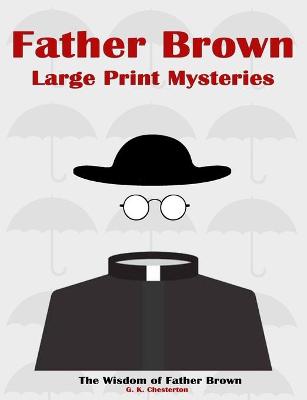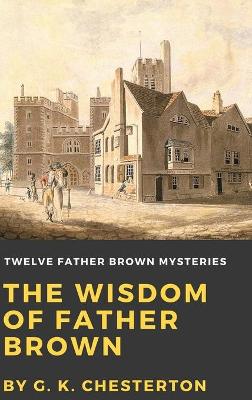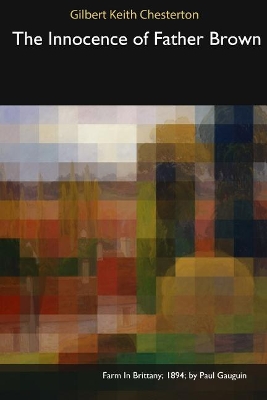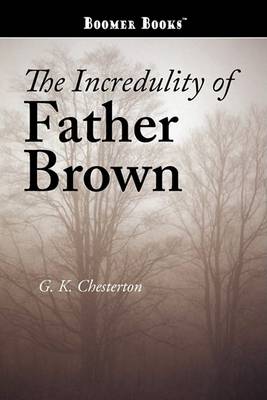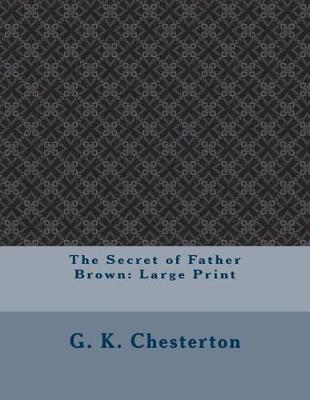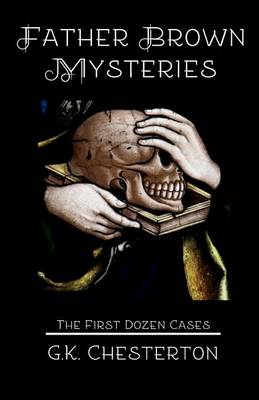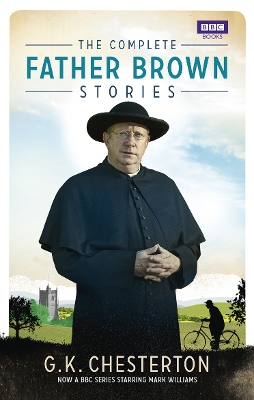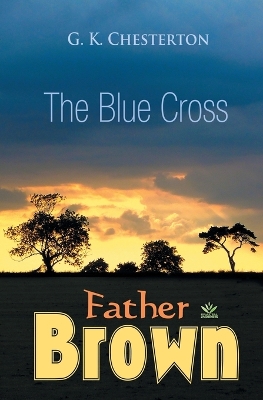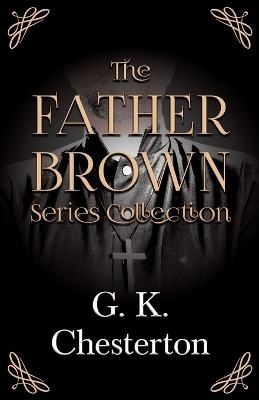Father Brown
7 primary works • 10 total works
Book 1
Book 2
Book 3
As well as annotation, Martin Gardner provides a substantial introduction placing the stories in the context of Chesterton's other work, and includes a selection of the many delightful illustrations the stories have inspired. There is also a very full bibliography.
About the Editor:
Martin Gardner, world famous as a popular writer on mathematics and science, is also well known for his annotated editions of classics of English Literature, especially The Annotated Alice. His other publications include Science: Good, Bad and Bogus and The Whys of a Political Scrivener.
Book 3
The third volume of stories featuring the cunning clerical sleuth Father Brown. Ahead of a new series of the popular BBC adaptation starring Mark Williams, all five of Chesterton's original Father Brown books have been republished with charming and collectible Penguin covers.
'That sort of thing may be very...
Read moreThe third volume of stories featuring the cunning clerical sleuth Father Brown. Ahead of a new series of the popular BBC adaptation starring Mark Williams, all five of Chesterton's original Father Brown books have been republished with charming and collectible Penguin covers.
'That sort of thing may be very well for crypts and cloisters and all sorts of moonshiny places. But ghosts can't get through a closed door in an American hotel.'
Father Brown, the shrewd and modest clerical detective, encounters miracles, ghosts and prophets in this third volume of ingeniously plotted tales. From South America to New York, his keen observation and quiet wisdom are a match for any mystery - even when he finds himself missing, presumed dead, in his own coffin ...
G. K. Chesterton was born in 1874. He attended the Slade School of Art, where he appears to have suffered a nervous breakdown, before turning his hand to journalism. A prolific writer throughout his life, his best- known books include The Napoleon of Notting Hill (1904), The Man Who Knew Too Much (1922), The Man Who Was Thursday (1908) and the Father Brown stories. Chesterton converted to Roman Catholicism in 1922 and died in 1938.
'Chesterton knew how to make the most of a detective story' Jorge Luis Borges
Book 4
'You see, I had murdered them all myself...
Read more'You see, I had murdered them all myself ... I had thought out exactly how a thing like that could be done, and in what style or state of mind a man could really do it. And when I was quite sure that I felt exactly like the murderer myself, of course I knew who he was.'
Unassuming super-sleuth Father Brown has such brilliant powers of deduction that he knows more about crime than the criminals themselves. In this fourth volume of stories, the shabby priest unravels the most baffling conundrums involving, among others, a flying fish, a man with two beards and the Worst Crime in the World.
G. K. Chesterton was born in 1874. He attended the Slade School of Art, where he appears to have suffered a nervous breakdown, before turning his hand to journalism. A prolific writer throughout his life, his best- known books include The Napoleon of Notting Hill (1904), The Man Who Knew Too Much (1922), The Man Who Was Thursday (1908) and the Father Brown stories. Chesterton converted to Roman Catholicism in 1922 and died in 1938.
'Chesterton knew how to make the most of a detective story' Jorge Luis Borges
Book 5
After many years in the priesthood, Father Brown knows human nature and is not afraid of its...
Read moreAfter many years in the priesthood, Father Brown knows human nature and is not afraid of its dark side. In this fifth and final series of mysteries, the clerical mastermind confronts slander, passion, radical politics, superstition, high crimes and misdemeanours, outwitting some quite extraordinary and villainous adversaries on the way.
G. K. Chesterton was born in 1874. He attended the Slade School of Art, where he appears to have suffered a nervous breakdown, before turning his hand to journalism. A prolific writer throughout his life, his best- known books include The Napoleon of Notting Hill (1904), The Man Who Knew Too Much (1922), The Man Who Was Thursday (1908) and the Father Brown stories. Chesterton converted to Roman Catholicism in 1922 and died in 1938.
'Chesterton knew how to make the most of a detective story' Jorge Luis Borges
Book 6
To celebrate the 100th anniversary of G. K. Chesterton’s Father Brown mysteries, BBC One Daytime has commissioned a new 10-part drama series for January 2013 to bring the priest-turned-detective back to life. BBC Books will be publishing a new edition of the original and complete short stories to tie-in...
Read moreTo celebrate the 100th anniversary of G. K. Chesterton’s Father Brown mysteries, BBC One Daytime has commissioned a new 10-part drama series for January 2013 to bring the priest-turned-detective back to life. BBC Books will be publishing a new edition of the original and complete short stories to tie-in to transmission.
Set in the early-twentieth century, Father Brown's world is quintessentially English; crime scenes await in country houses, rural parish churches and quaint gardens as well as foggy London streets and shadowy railway stations. Father Brown may be a kindly cleric, but his bumbling nature disguises a detective mind to rival Sherlock Holmes...
The character of Father Brown, brought to life by Mark Williams, is based on a real parish priest and the idea that priests, through hearing Confession, know the worst of human nature more than anyone, including the police. Father Brown uses his experiences to put himself into the mind of the criminal to solve each mystery and catch the perpetrators.
